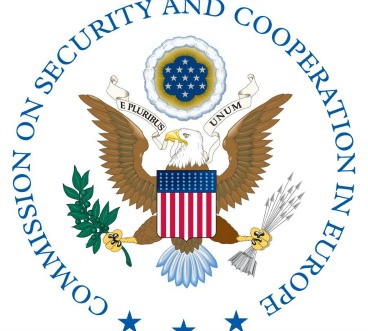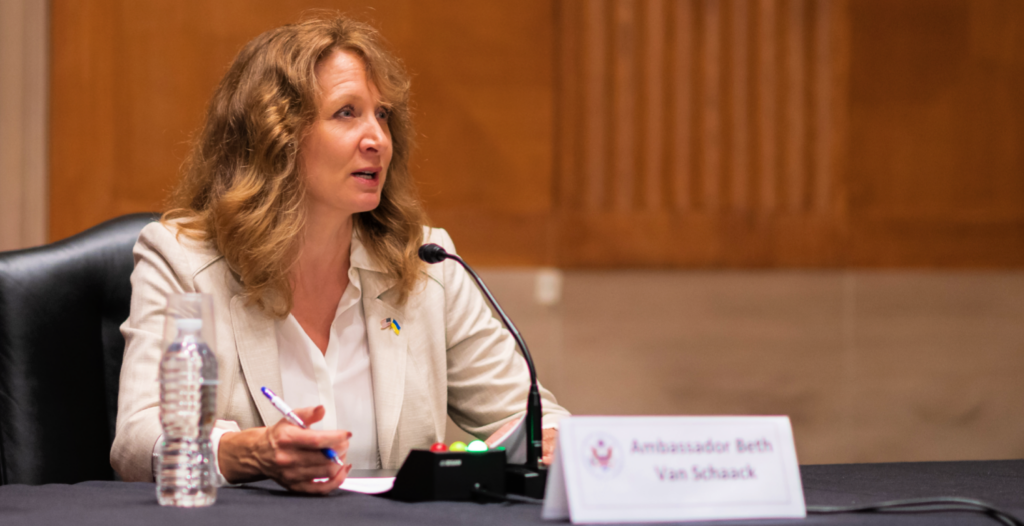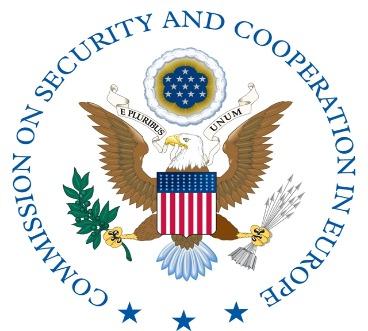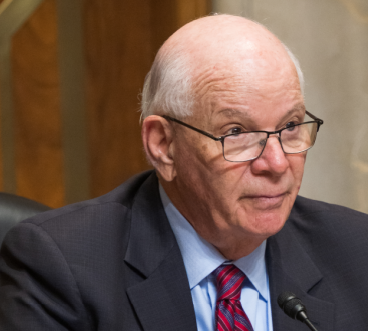Mr. CARDIN. Mr. President, I rise today to express my concern regarding the most recent revelations of administration memos effectively authorizing the use of interrogation techniques that most certainly rise to the level of cruel, inhuman, or degrading treatment or punishment, if not to the level of torture.
In 2002, senior administration officials prepared a classified memo that sought to provide legal cover for interrogation practices that would clearly violate U.S. and international law. This “torture memo” was leaked to the press after the Abu Ghraib scandal broke and, in turn, caused such outrage that it was quickly disavowed by the Justice Department. A new, improved, and sanitized legal memo on interrogation norms was then issued in December 2004.
It now appears, according to a report published by the New York Times on October 4, that the Department of Justice’s Office of Legal Counsel subsequently issued two additional legal memos that once again defined torture as “not torture” and–in an apparent effort to end run congressional efforts to close loopholes in the existing prohibition against cruel, inhuman, or degrading treatment or punishment–simply declared that no CIA interrogation practices violated that prohibition.
I would also draw my colleagues’ attention to a subsequent, highly troubling report published by the New York Times on October 11 stating that the Director of the CIA, Michael Hayden, has ordered an investigation of the inspector general, John L. Helgerson. The CIA inspector general is known to have undertaken critical examinations of CIA interrogation procedures.
With these latest developments in mind, I would like to share three observations.
First, the revelation that–even while the Abu Ghraib scandal was still being investigated–the administration was issuing additional secret memos authorizing abusive interrogation techniques, stands as the latest blow to the credibility of the United States as a global advocate for human rights and democracy. We simply cannot win hearts and minds around the globe if we are perceived to condone a violation of basic human rights, our own laws, and international law. As cochairman of the Helsinki Commission, I am painfully aware of the extent to which these policies have undermined our nation’s reputation, and even our ability to build support for counterterrorism operations worldwide.
Second, these revelations once again draw attention to this administration’s breathtaking interpretation of the scope of executive power. In fact, the 2002 “torture memo” actually consisted of two parts. One part effectively sought to define torture as “not torture.” The second part addressed the authority of the President to authorize torture. In essence, that part of the memo described the Presidency–when the President is acting as Commander in Chief–as virtually unrestrained by the Congress, the Constitution, or the courts. The Justice Department’s renunciation of the 2002 torture memo only appeared to renounce the first part of that memo.
Accordingly, during the January 2005 confirmation hearing for Attorney General Gonzalez, he was repeatedly questioned regarding his views on the scope of Presidential authority–and he repeatedly stonewalled. His refusal to answer those questions, coupled with the President’s signing statements attached to the 2005 Detainee Treatment Act and the 2006 Military Commissions Act and most recent revelations of additional torture memos, suggest that President Bush does believe himself to be beyond or above the law.
Many retired military leaders have argued that abusive interrogation techniques undermine America’s moral authority, fuel jihadist recruitment, and weaken international norms that have protected American service men and women for decades. Moreover, a now declassified report issued by the Government’s Intelligence Science Board has concluded there is no scientific evidence that coercive interrogation methods even produces good intelligence. And we now know that the use of these techniques has, in actual cases, produced false or misleading intelligence.
Sadly, one of the greatest tragedies of the President’s misguided policies on torture is this: this administration’s justification of abusive techniques has not made us any safer.










